Anju Bhattarai, principal of Akshara School, is also a cultural education activist, who has spent a decade working in cultural education. She feels that pupils cannot be whole until they are taught Sanskrit and spirituality.
A small excerpt from Thakur Belbase's interview with Anju Bhattarai, who believes that a person is incomplete without moral and spiritual education, for Himalaya Times:
What exactly is cultural education?
Even Nepali society, parents, and concerned government authorities solely look at the outcomes of pupils' studies in arithmetic level. However, how the students who have received high marks conduct life? What are their strengths and skills? How do they interact with parents and the rest of society? These issues are not taken seriously in Nepali society. We do not seek for these characteristics in kids who have received higher grades. As a result, today's youngsters are less informed and not responsible to their parents and society.
Nepal's government incorporates social education in the curriculum. Schools also included social studies, but the students were unable to contribute to society. Culture based education is intended to enhance students' pure behavior as well as practical knowledge. We have an abundance of Sanskrit and spiritual literature to aid this purpose.
You've undertaken a culture based education campaign; how difficult is it to describe cultural education to stakeholders?
The struggle for culturally appropriate, high-quality education faces several hurdles. I've also put it into action at Akshara School. Our efforts over the last decade have also produced positive effects. There has been a change in the behavior and character of the students who were taught as per this practice. This method is also well-liked by parents. Only schools are insufficient in producing good and successful students, family, home, society, and nation all have a part.
The negative effect on society is now quite powerful. That is why you must try three times harder to be good.
Our efforts over the last decade have also produced positive effects. There has been a change in the behavior and character of the students who were taught as per this practice.
What is the outcome of cultural education?
The pupils have both practical and professional expertise. They also have a certificate with marks and are well-behaved. They are accountable to society and to their country. They are straightforward and mindful of their surroundings. Culture is an abstract concept as well. As a result, it cannot be quantified. Nonetheless, it is undeniably seen in practice.
Is there a difference in the conduct, demeanor, and temperament of kids who have acquired a cultural education in Nepali society?
Cultural education teaches humanity. The significance of parents is emphasized. Every religion's positive aspects and culture are mentioned. There is a distinction between pupils who have not learned these and those who have not. Children that have been taught via culture based education can address challenges. Hence a school should take great effort to ensure that students understand about culture. School culture is significant because it has a unique impact on kids.
What is a school culture?
The school culture is defined by its surroundings, principles, and students' behaviour. The way an instructor communicates with the kids is also an element of the school culture. Schools should be able to teach children about their rights, responsibilities, and integrity; this is what responsible education entails. The education we received in Nepali society encouraged us to demand our rights. But duty and integrity that is incorporated in responsible education, have not been provided. That is why society is not as compassionate as we would like it to be. Culture relates to conduct. This is the school culture.
How do students who have received cultural education behave?
The moment has not yet arrived for our graduates to become leaders in any profession and contribute to society. It remains to be seen if they will advance to the level of leadership and work. Nonetheless, we are seeing pupils that have passed SEE and studied 11-12 at our institution. They are responsible, appreciate everyone's sentiments, respect everyone, and are willing to take the lead. Their most admirable trait is their humble personality. They are inquisitive and are hopeful. Students who have completed SEE at Akshara School are regarded as capable not only in Nepal, but also across the world.
Cultural education teaches humanity. The significance of parents is emphasized. Every religion's positive aspects and culture are mentioned. There is a distinction between pupils who have not learned these and those who have not.
What subjects do you cover in cultural education?
Throughout the culture, there is a desire for service. We teach kids in grades 1 through 10 about service to one's home, society, and nation. We begin teaching Sanskrit in third grade. The guru and parents have been elevated to the status of gods in Sanskrit education. Because Sanskrit is the mother tongue, teaching it to students enhances their linguistic skills. Furthermore, no other language or topic provides moral education like Sanskrit. As school begins and ends, we do Gurubandhana. How successful will education be if we cannot instill respect for teachers and parents? This is something we are aware of. We have devoted particular attention to the growth of pupils' thinking and ideas. We have also scheduled meditation and yoga sessions for students and teachers. We have also promoted vegetarian meals to discourage "junk food." We have developed a particular curriculum for internal application of ethics, ideas, and conduct. Our pupils have become simple and successful as a result of this practical learning.
While you are thinking about this style of education, what is the overall state of education in the country?
According to the little statistics supplied by the government, 1.2 to 1.3 million pupils are enrolled in class one. The SEE test is taken by around 500,000 students. 20% of the students find it difficult to continue master's degree. This demonstrates the government's inadequacy in education. What all school administrators should remember is that education should develop a student's entire life. As a result, the government has also implemented the notion of comprehensive education. Nevertheless, it is not being put into practice. Comprehensive education has been overshadowed as a result of the history of stressing mark-based system.
What is the connection between general education and cultural education?
Cultural education is the only way for a student's life to grow holistically. We can produce a moral human being if we can educate our Sanatan Vedic stuff. As children hear the narrative of Shravan Kumar, who served his parents, their attitudes about their parents will change. If you want to ruin a country, just ruin its education. Morals, Sanskrit, and history have been removed from Nepali education, making it very poor. A person who has no awareness of his ancestry or morality is weak, with no nationality or humanity.
Sanskrit is the most comprehensive source of information. Spiritual education is also the source of human awareness. Man is incomplete without moral and spiritual instruction.
A child will be cultured if moral and spiritual education is provided, right?
Sanskrit is the most comprehensive source of information. Spiritual education is also the source of human awareness. Man is incomplete without moral and spiritual instruction. The four components of total development are the development of physical, social, emotional, and intellectual capacities. When morals and spirituality are added to it, our education becomes cultured, and students become totally cultured. It is also essential to learn and respect various religions and customs. Every culture has scientific features. Decent manners are also concealed inside the culture. As a result, teaching youngsters proper manners is very crucial.
Are there people who equate religion with culture and spirituality?
Religion is not spirituality. We educate our pupils on the positive features of all religions. All religions seek to serve others. Nowadays, it is also necessary to instill in kids a spirit of service within religion. Education will also be essential to the country's modernization. Currently, countries such as the United Kingdom, the United States, and Japan lead the globe in cultural education. Ethical education emphasizes job passion, time awareness, and societal responsibility only applies to developed countries. Because they have promoted cultural education. Several large-scale research efforts and discoveries in cultural education have occurred. Many books have been released. Numerous researchers appear to have made this topic the focus of their research.
When a country can educate its language, culture, and history, its residents become committed to it. We can develop moral and virtuous citizens if we can educate Sanskrit and our sages' sadhana.
How did you get the notion to educate culture and spirituality?
We risk losing a great lot if we do not teach our children about the contributions and talents of sages. Raised in Eastern culture and customs, we have traditions and culture that the rest of the world admires. Why don't we teach the history of the eastern civilisation ? Several of these factors influenced my decision to teach culture and spirituality.
There is a worrisome claim that institutional schools have engaged in commercial activity in the guise of education. What are your thoughts about it?
Education is a vocation of service. Nonetheless, the government makes no concessions or subsidies to those that manage institutional schools. It costs money to run a business. The funds are required for student growth and the enhancement of the school's structure. Education that is based on experience and learning is also costly. To give education in a nice atmosphere, we must supply current physical infrastructure as well as trained teachers. As a result, accusing private schools of stealing money is pointless.
A number of things must be done to help a student's overall personality development. Nonetheless, all education supporters should recognize that education is more of a service than a business. Those with no sense of service should not enter the profession of education.
Yet, there is a stigma attached to the teaching profession in Nepal. Teachers do not make a lot of money. We should also be able to establish a welcoming environment for both children and teachers.
Is Nepal's secondary education marketable in the global market?
When it comes to Nepal's education as a whole, we need to strive harder in order to compete in the global market. If we merely consider the pupils produced by particular institutions, like Akshara, there are numerous examples of those kids effortlessly competing in the global market. To make Nepal's total education competitive in the global market, technology, trends, nature, and culture must be taught. These things are less prevalent in Nepalese schooling.
What is required to make a school successful?
A competent teacher must have pedagogy as well as a child-friendly setting. Regrettably, excellent individuals in Nepal are not prepared to teach. This has not been encouraged by the government or society. Teachers are held in high regard in many places across the world. Only highly trained individuals can make education a career. Yet, there is a stigma attached to the teaching profession in Nepal. Teachers do not make a lot of money. We should also be able to establish a welcoming environment for both children and teachers.
How do we assess the country's output of two sorts of students?
The level of consciousness cannot be the same unless everyone has access to education. It is the government's obligation to ensure that all individuals have equitable access to education. The government appears to be lacking in this regard. Private schools are only concerned with the quality of their education. Clothing, automobiles, and everything else reflect the differences between individuals. As a result, everyone should be able to perform well in the tournament.
How concerned do you think the Nepalese government is about education?
I do not believe that the Nepalese government has prioritized education. The country would not be able to prosper until education is prioritized. Human awareness is also linked to development.






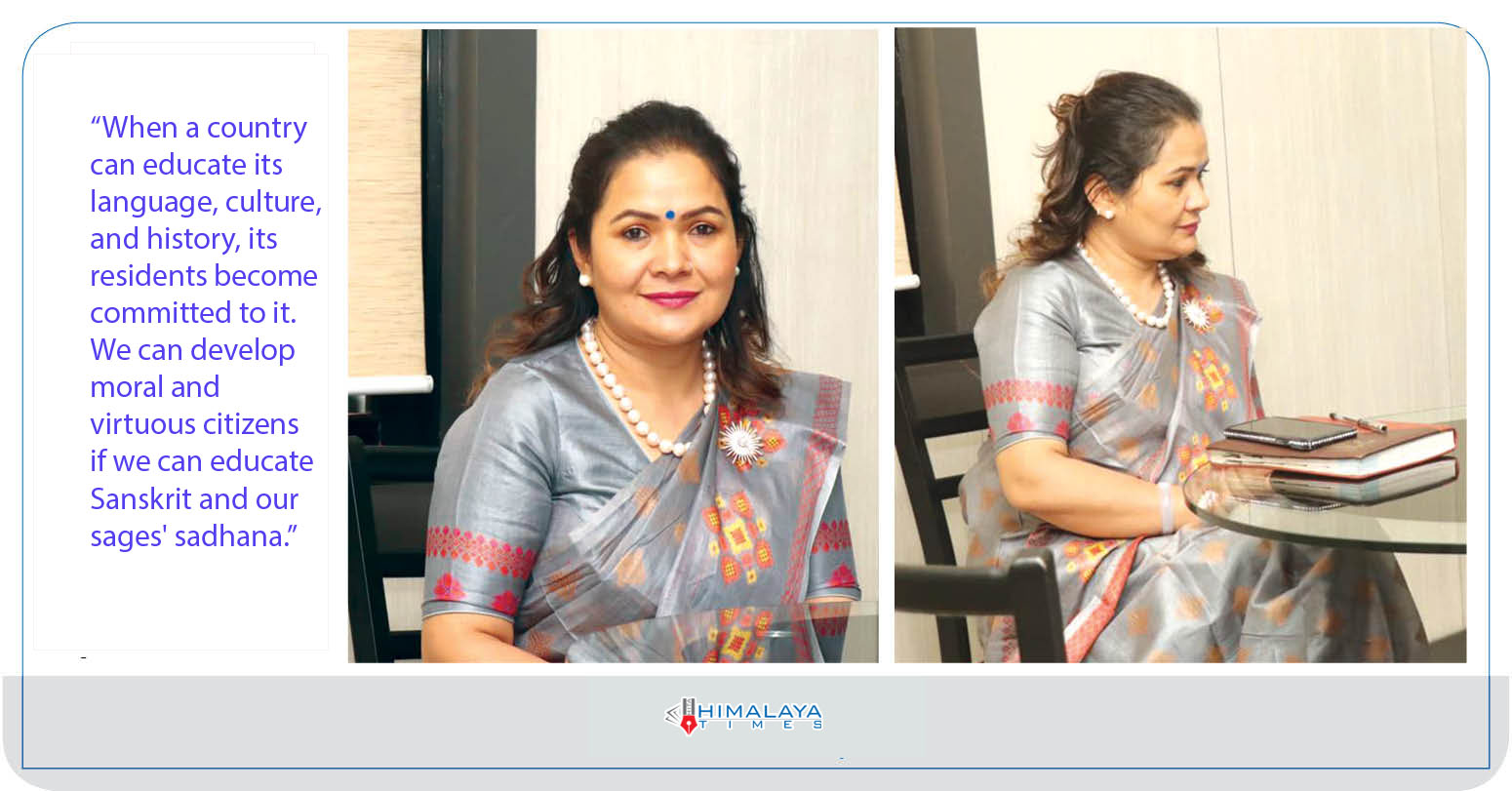

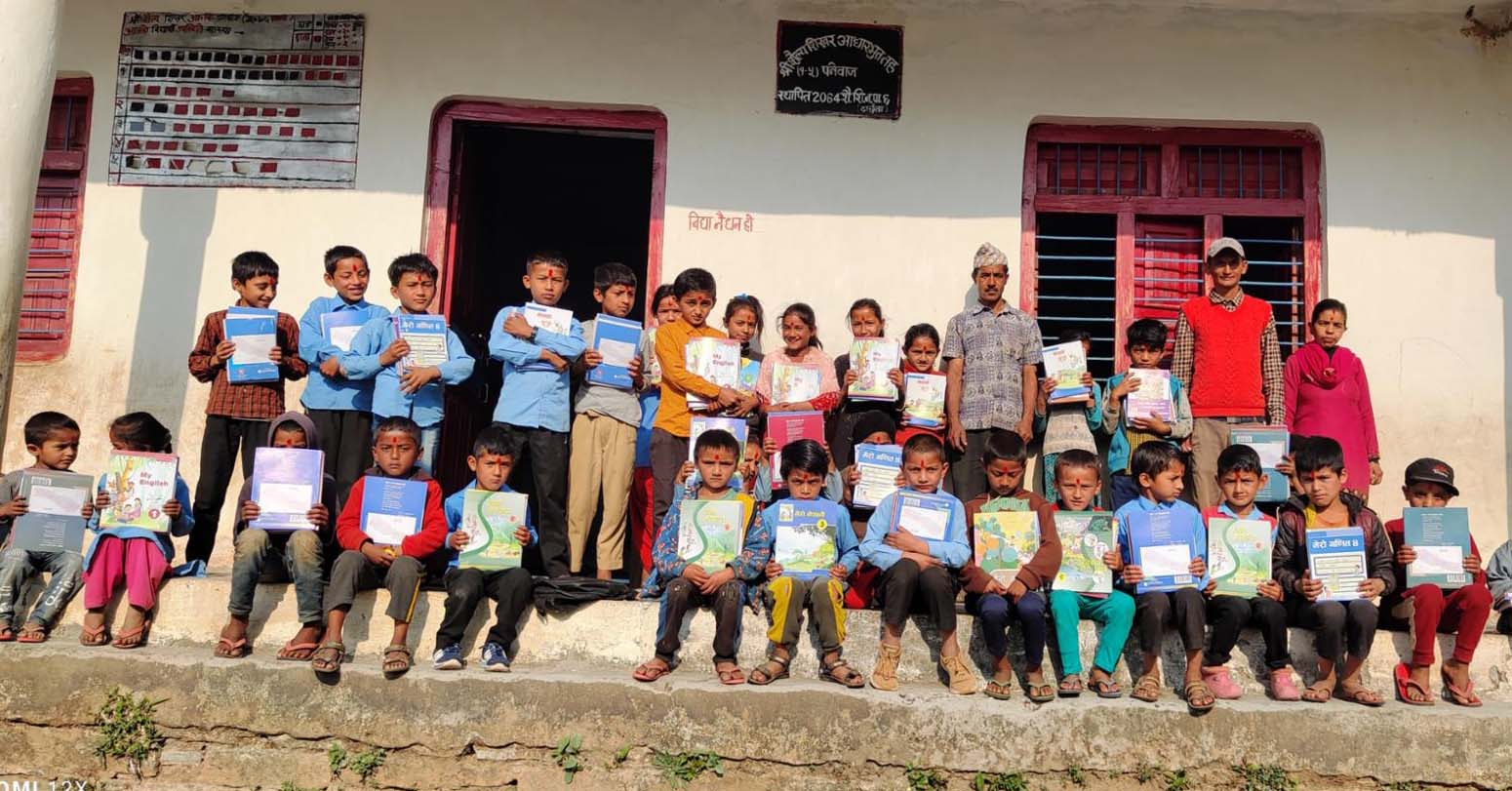
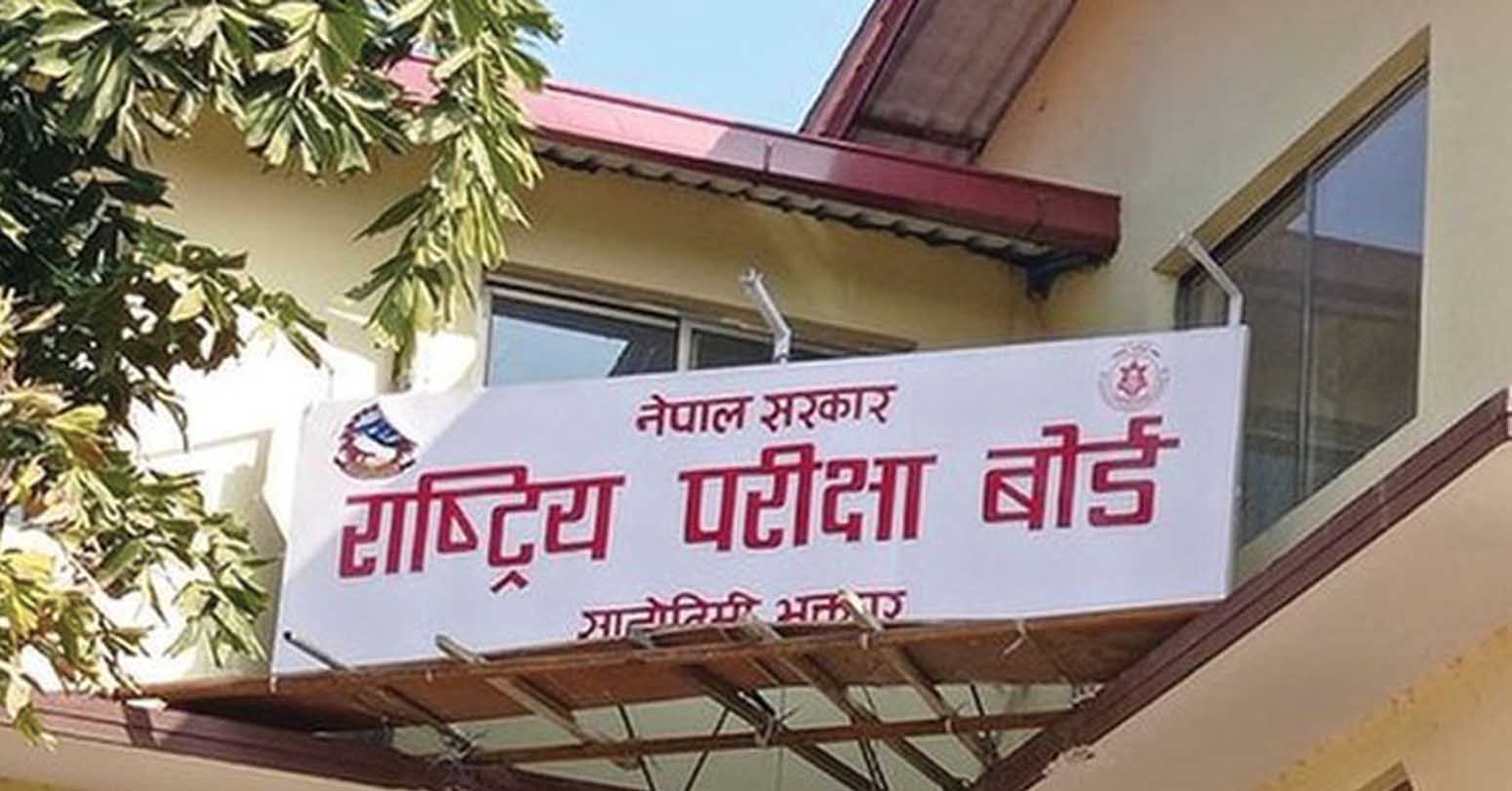
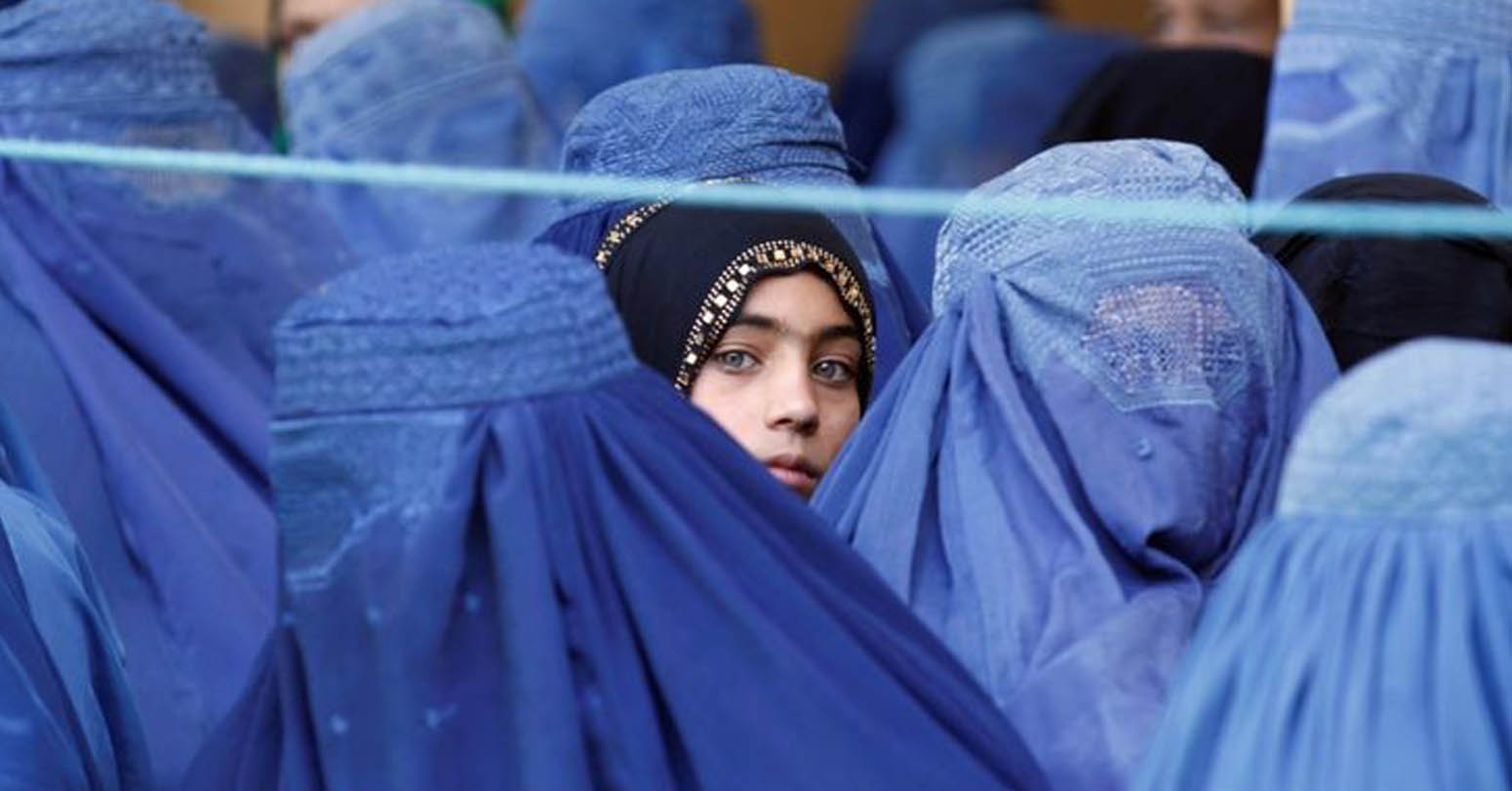


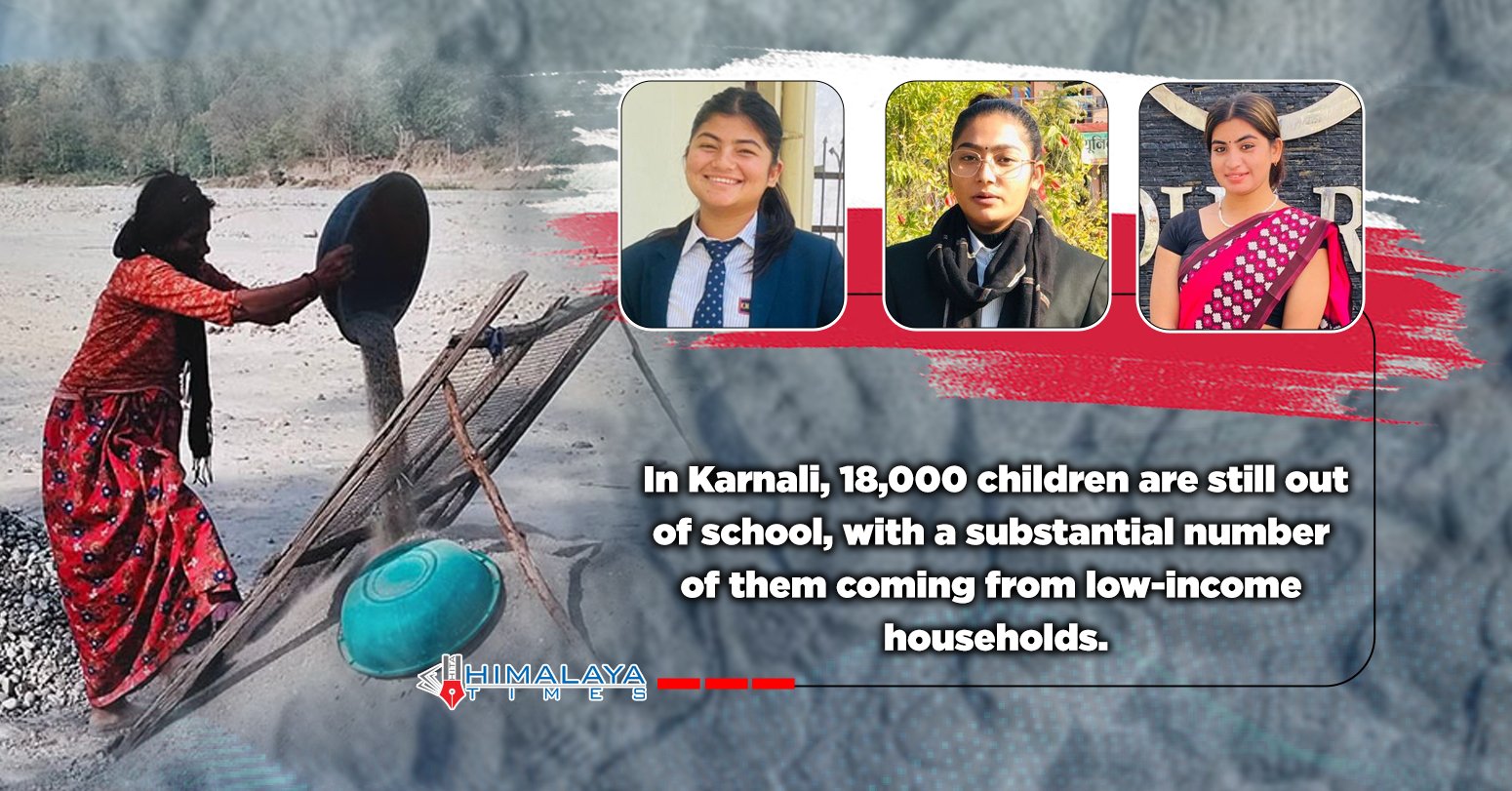


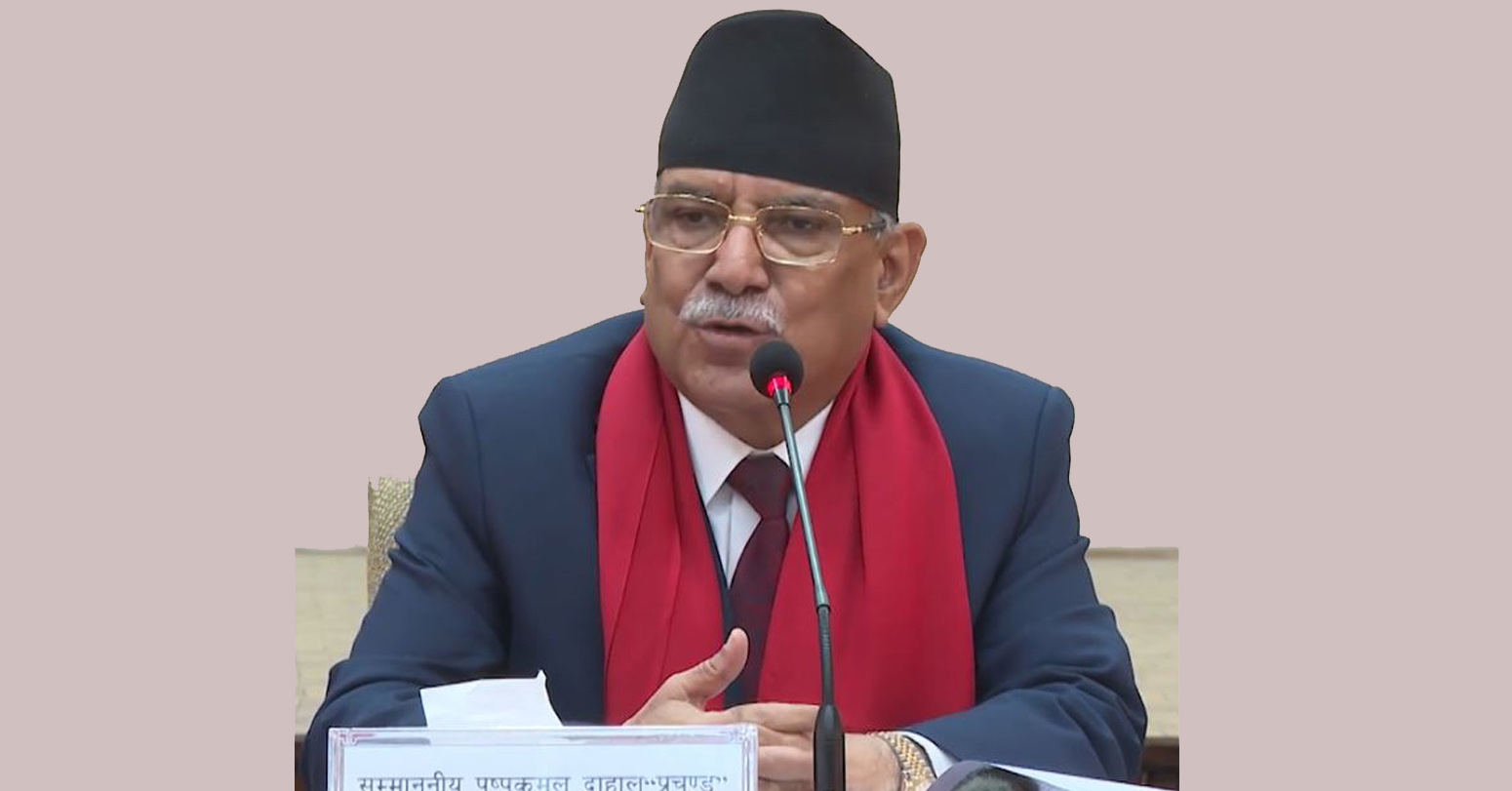
Comprehensive Data Protection Law Critically
Gender Differences In Mental Healthcare
Messi Wins Best FIFA Men’s
Erosion of Democracy
Fly Dubai Catches Fire in
“Complexities of the South Asian